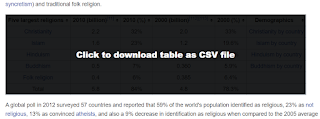This Week I Learned - Week #20 2022

This Week I Learned - * Azure Migrate can help with the following: Server Assessment and Migration Database Assessment and Migration Web App Assessment and Migration * Azure Migrate and Azure Migrate tools are available at no additional charge . However, you may incur charges for 3rd party ISV tools. Dependency visualization is free for the first 180 days from the day of associating a Log Analytics workspace with Server Assessment. After 180 days, standard Log Analytics charges will apply. The use of any solution other than Service Map within this workspace is not free and will incur standard Log Analytics charges. Azure Migrate: Server migration is free for first 180 days for each machine. After 180 days, $25/month per instance replicated will be applied. Note that for the first 180 days, you will not incur any Server Migration licensing charges, but you might incur charges for Azure Storage, storage transactions and data transfer during replication. * 2 Database Migrat...



